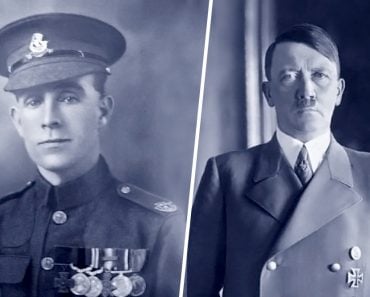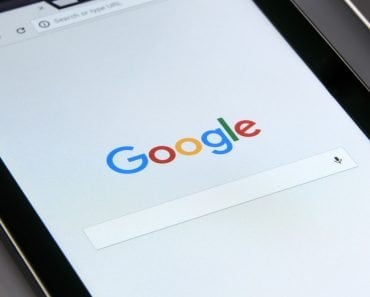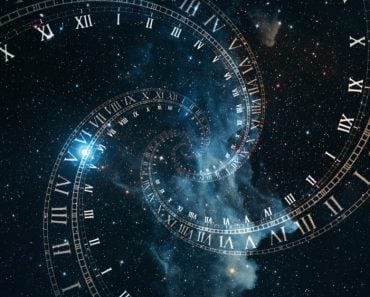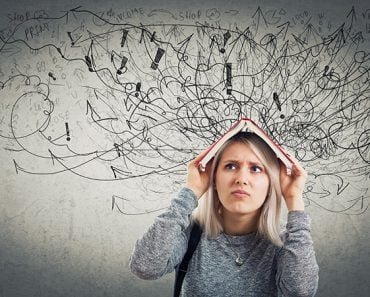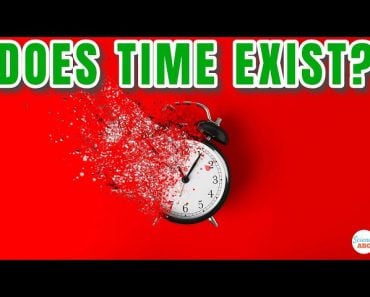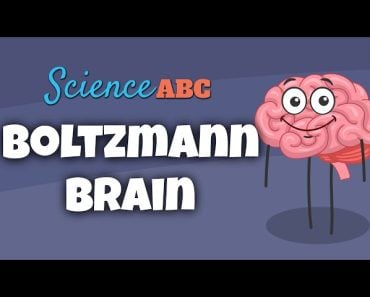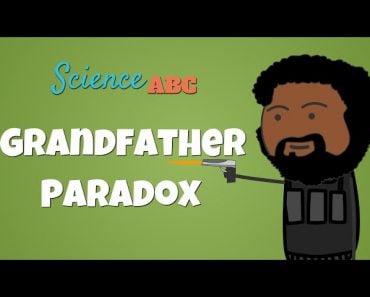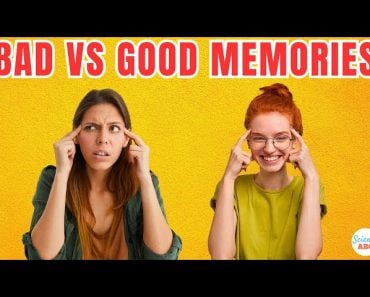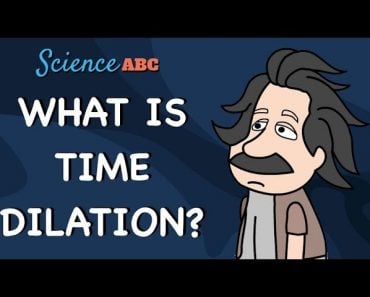Table of Contents (click to expand)
The Mandela Effect is a phenomenon in which a group of people remember an event occurring differently than it actually did, or remember an event that never actually occurred at all. The term was coined after Nelson Mandela, the legendary anti-apartheid political leader and former president of South Africa, who many people remember dying in the 1980s, even though he actually died in 2013. There are a number of theories that attempt to explain the Mandela Effect, including the theory of parallel universes, time travel, and false memory.
Nelson Mandela, the legendary anti-apartheid political leader, and former president of South Africa, died in 2013. However, that’s not what many people remember. There are actually those who swear by the fact that they saw news of Mandela’s death in the 1980s. Some even remember seeing clips of his funeral and a moving speech by his widowed wife. All of this was before 2013, which is when he actually died. This falsity is remembered by a group of people, unknown to each other, who number in the thousands!
This led to the term ‘Mandela Effect’ being coined. When a large number of people have a memory of an event having occurred, or something being a particular way, when all evidence and proof suggests otherwise, it is called the Mandela Effect. There are a number of examples of this effect that have baffled people.
Recommended Video for you:
Mandela Effect Examples
As you can imagine, anything as mysterious as this will be like a trip to Disneyland for conspiracy theorists and paranormal believers. A quick Google search will reveal a number of such Mandela Effect examples. For instance, a very popular example, apart from the death of Nelson Mandela, is the case of the Berenstain bears. This is the name of a popular series of children’s books, named after the writers, the Berenstains. However, there are a large number of people who swear that they remember it being spelt as ‘Berenstein’, instead of ‘Berenstain’
Another such example is that of the 1937 Snow White movie. Many people remember the evil queen speaking to her talking mirror and saying, “Mirror mirror on the wall”… except she never did. If you check now, all video clips of the movie show her saying, “Magic mirror on the wall”. There is also the case of Pikachu’s tail. Arguably the most famous Pokémon, Pikachu is remembered by many people as having a black stripe on his tail, but he doesn’t actually have one.
Even Rich Uncle Pennybags is drawn into this. Those who don’t know him by that name will probably remember him as the Monopoly man. Many people remember him for his top-hat, the tiny mustache, and the monocle he always wore. Here’s the kicker – he never wore one. Monopoly has said that they never changed the logo, and that the man was always shown without a monocle. There are a number of other examples of such misremembered instances, including Darth Vader, comedian Sinbad, the Mona Lisa, Looney Tunes and even Curious George, the popular cartoon character.
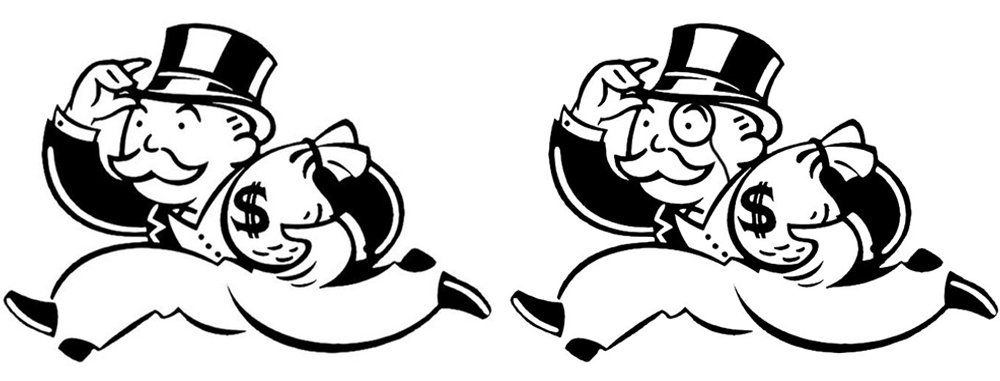
What Causes This?
Due to the sheer number of people misremembering such information, most people believe that such instances cannot be simply dismissed. There are a number of theories that, as mentioned, will be a trip for conspiracy theorists and paranormal believers. The most popular theory to explain this effect is that of multiple or parallel universes. According to this, there is a parallel universe in which, for instance, Mandela died in 1980 while incarcerated, or that the book was called The Berenstein Bears or the evil queen said ‘Mirror mirror’. Sometimes, a person may momentarily shift between these universes, and thus have the memory of something that happened in another universe, but not in this one.
There are a number of people who believe in the existence of parallel universes, including the late Stephen Hawking, even though it hasn’t been confirmed yet. Even if such a reality is confirmed in the future, there may not necessarily be a way for scientists to determine how many such instances took place, if at all, of people traveling between universes. Another theory that can explain some of these occurrences is time travel. In the case of Mandela’s death, for instance, it is suggested that the person momentarily travelled into the future, saw the news about the death, and then came back to the “right time”. The time travel lasted for just a moment, leading the person to believe that the news genuinely occurred in the 1980s.
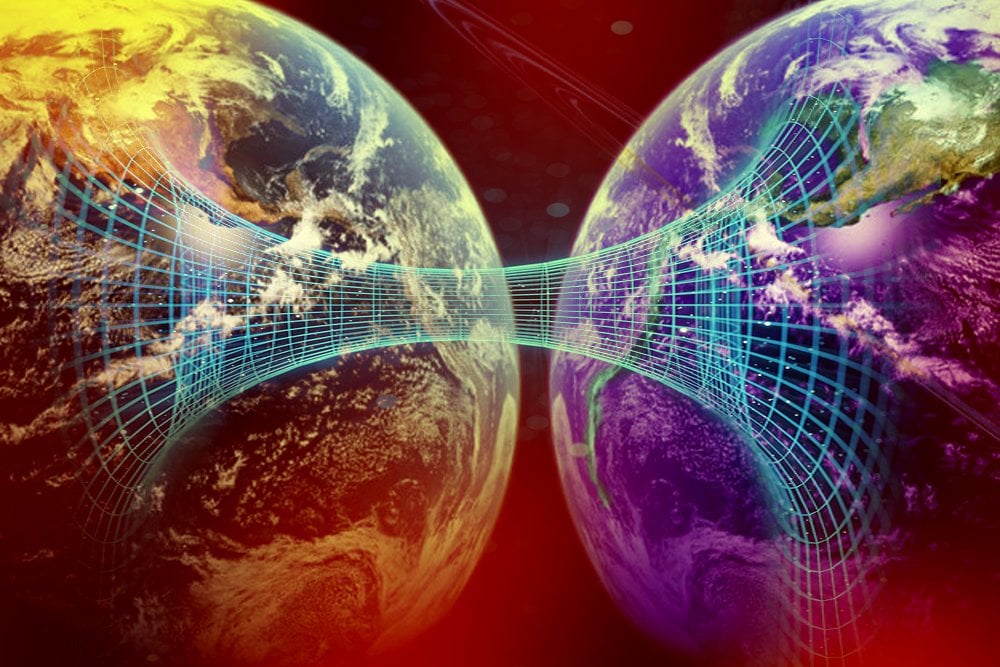
Scientific Proof
While the above reasons probably fit the bill, there is another explanation for the skeptics out there; psychologists often attribute this strange occurrence to false memory. Time and again, research has proven that our memory is not completely reliable and free of errors. In a series of experiments, Professor Elizabeth Loftus showed how easily, with the help of subtle cues, false memories can be generated in a person. For instance, she carried out an experiment wherein 24 individuals, ranging from 18-53 years in age, were provided with information about childhood experiences recounted by their relatives. Each individual was given a booklet that contained details of 3 actual childhood instances and brief, vague details about one false event – being lost in a shopping mall. The details about the fictitious incident were a combination of details provided by relatives related to a normal outing to a mall, combined with generic details of getting lost.
After reading the booklet, 29% of the people ‘remembered’—partly or fully—getting lost in the mall; in the 2 follow-up interviews, 25% of people still maintained that they remembered the incident. In fact, the subjects even provided more details than those given in the booklet about the false incident. This proves how easy it is to induce false memories in a person and shows how our brain will automatically fill in the gaps of memories that we partly remember.
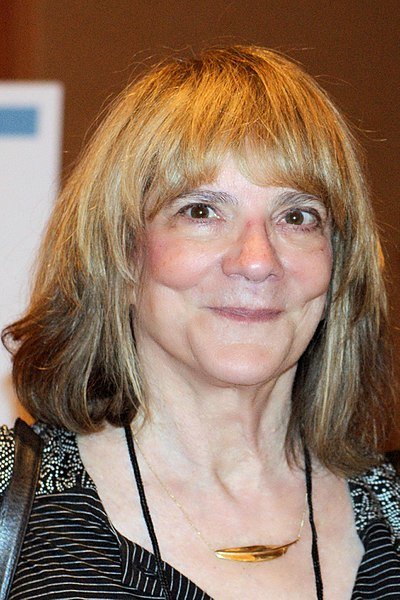
This possibility of creating false memories, along with other factors, such as the widespread reach of the Internet, suggestible cues, our exaggerated belief that our memory is foolproof, etc. can be used to explain the occurrences of the Mandela effect. For instance, if a person were seeing news about Nelson Mandela, followed by receiving the news of someone else’s death, it is possible that their brain mixed up the two events, thus leading them to believe that they saw the news of Mandela’s death. The Internet also plays a role here. If the person having such a notion were to find someone else with a similar notion, both of their beliefs in their false memories will be strengthened. Since the discovery of people who believed the premature news of Mandela’s death didn’t happen overnight, but rather over a period of time, it’s authenticity can be questioned.
Now, let’s consider the case of the Berenstain Bears and Snow White. “-ein” is a more popular ending for a name, as compared to “-ain” This could explain why a number of people remember the incorrect spelling. Similarly, in the Brothers Grimm version of Snow White, the evil queen says “Mirror Mirror” instead of “Magic Mirror”. Since people were used to the former, it is possible that their memory became confused between the book version and the movie version.
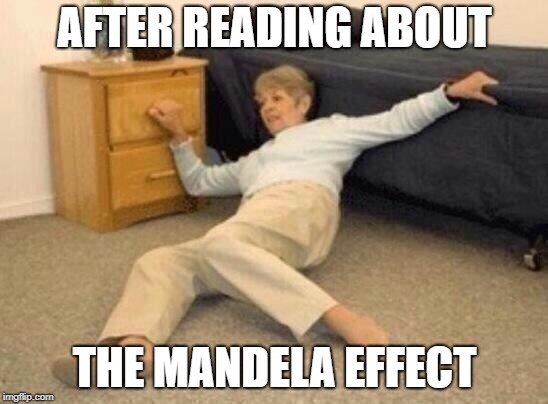 In the image of the Monopoly man, if a person were to simply be presented with the image in which the man has the monocle and then asked if it were correct, with their attention being drawn to the monocle, chances are that they would agree. This is probably due to the similarity between the actual image and the one with the monocle. The same person, then exposed to the image without the monocle, would say that they definitely remember Uncle Pennybags having a monocle. This also elucidates the power of suggestion on the human brain. For instance, think of the question, “How big was the round table?” This question is already suggesting to the reader that the table is round. Alternatively, if the question were, “How big is the table?”, it leaves some leeway for the shape of the table.
In the image of the Monopoly man, if a person were to simply be presented with the image in which the man has the monocle and then asked if it were correct, with their attention being drawn to the monocle, chances are that they would agree. This is probably due to the similarity between the actual image and the one with the monocle. The same person, then exposed to the image without the monocle, would say that they definitely remember Uncle Pennybags having a monocle. This also elucidates the power of suggestion on the human brain. For instance, think of the question, “How big was the round table?” This question is already suggesting to the reader that the table is round. Alternatively, if the question were, “How big is the table?”, it leaves some leeway for the shape of the table.
Depending on whether you are a skeptic or a believer, you can decide which theory is more convincing. While there are still unanswered questions about this unique phenomenon, it is definitely quite interesting and illuminating in terms of the functioning of our brain.
References (click to expand)
- False Memories and the “Mandela Effect” – Scientific Scribbles - blogs.unimelb.edu.au
- The Mandela Effect | The Psychology of Extraordinary Beliefs. The Ohio State University
- Creating False Memories - University of Washington. The University of Washington
- The Mandela Effect -- Bad Memories Or An Alternate Universe?. Forbes

